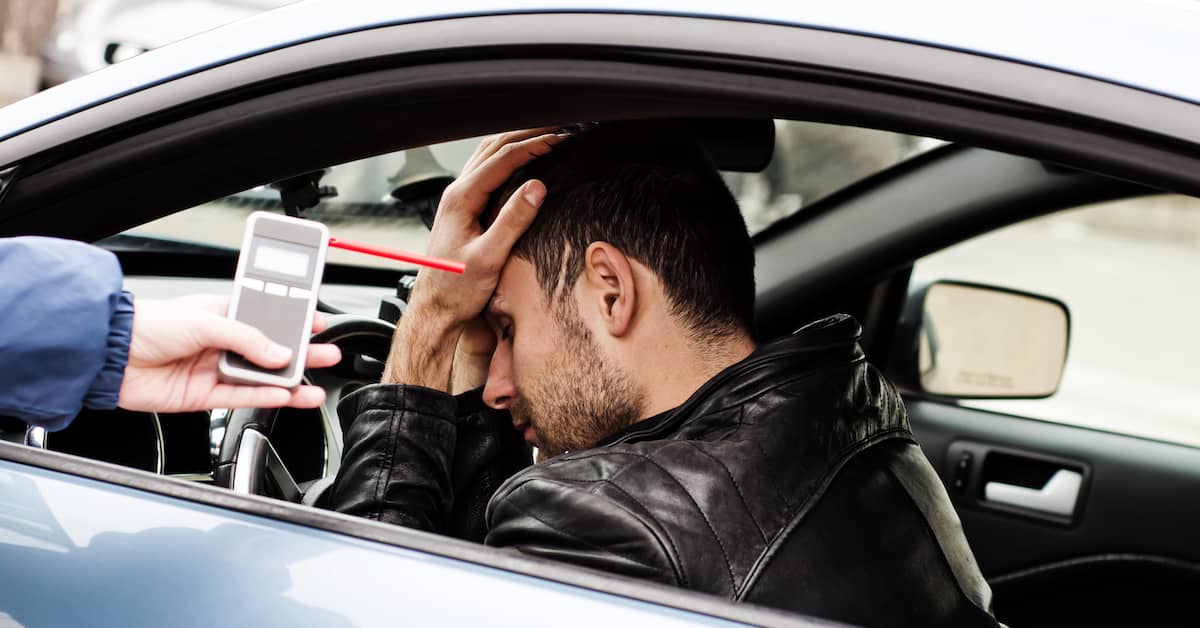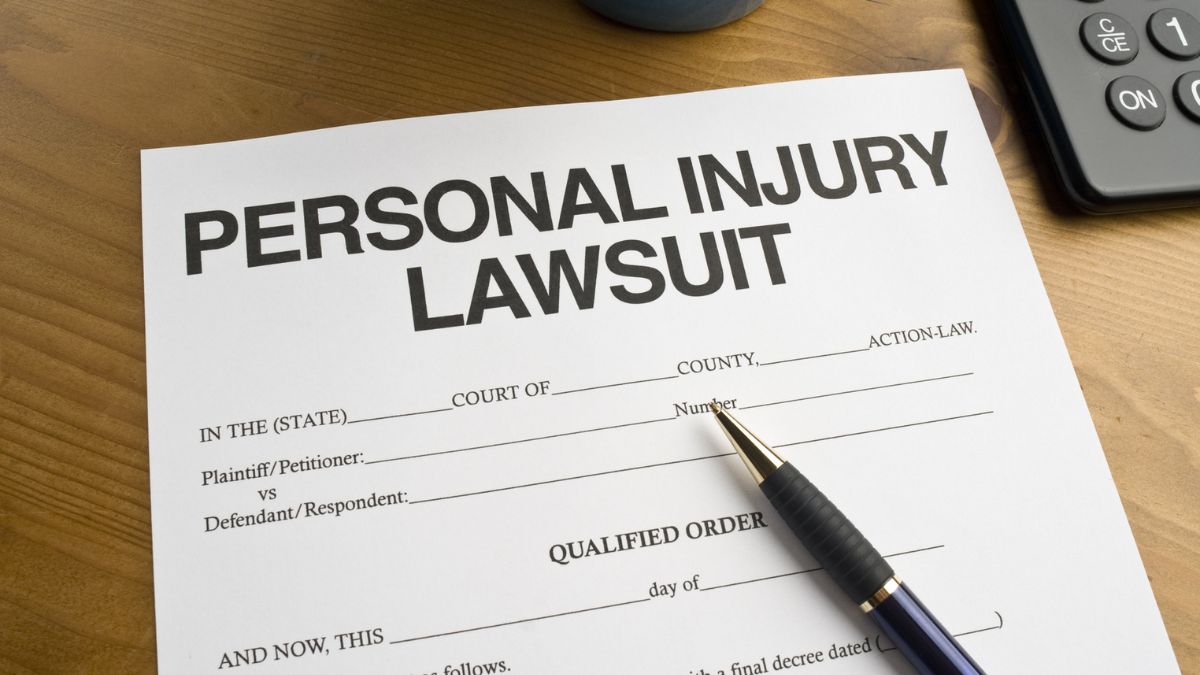TOPIC
The World’s Preferred Hair Transplant Center Turkey

Hair transplantation offers a permanent and natural solution for many individuals experiencing hair loss. In recent years, especially with the increasing number of international patients, Turkey has become one of the most preferred countries in the world for hair transplantation. The success of hair transplant Turkey is based on experienced doctors, state-of-the-art clinics, and affordable pricing advantages. The hair transplant process in Turkey provides an ideal option for those seeking high-quality services while benefiting from the advantages of medical tourism.
Why Is Hair Transplantation in Turkey So Popular?
Turkey has established itself as one of the leading countries in the world for hair transplantation. The main reason for this is the high quality of services offered at affordable prices. Turkey hair transplant clinics utilize the latest techniques to provide patients with a comfortable and successful experience. Advanced techniques such as FUE hair transplant, DHI hair transplant, and Sapphire FUE hair transplant are successfully applied, making Turkey a top choice for many. Additionally, hair transplant prices in Turkey are significantly more affordable compared to Europe and the USA.
As a prominent destination for medical tourism, hair transplant patients in Turkey also have the opportunity to enjoy a vacation in Istanbul, Antalya, and Izmir, some of the country’s most popular tourist cities.
Reviews from Those Who Prefer Turkey for Hair Transplantation
A vast majority of patients who travel to Turkey for a hair transplant are highly satisfied with the procedure and results. Turkey hair transplant reviews indicate that operations are performed successfully and in a comfortable manner for patients. Many individuals praise the professionalism of doctors, the hygienic environments of clinics, and the post-operative support services provided. Based on the feedback from those who have undergone hair transplantation in Turkey, it is clear that patients achieve natural and long-lasting results.
Particularly in Istanbul and Ankara, Turkey hair transplant clinics offer VIP services, ensuring that patients experience a smooth and stress-free process.
Hair Transplant Prices and Quality Comparison in Turkey
Turkey hair transplant prices are significantly lower compared to clinics in Europe and the USA. While the average cost of a hair transplant in Turkey ranges between $1,500 – $3,500, in Europe, it varies from €5,000 – €10,000, and in the USA, from $8,000 – $15,000.
Despite its affordability, hair transplant clinics in Turkey place great emphasis on patient satisfaction. The procedures, the experience of doctors, and the advanced technologies used adhere to global standards. Additionally, post-operative follow-up care is meticulously carried out to ensure successful results. Turkey has emerged as the best country for hair transplantation, offering both affordability and high-quality medical services.
Best Hair Transplant Techniques: What Methods Are Used in Turkey?
Several different methods are used in hair transplantation in Turkey to provide the best results.
- FUE (Follicular Unit Extraction): This method involves extracting and transplanting individual hair follicles, offering natural-looking and highly successful outcomes. It is one of the most widely used techniques.
- DHI (Direct Hair Implantation): This technique uses a specialized pen to directly implant hair follicles, ensuring a denser and more natural appearance.
- Sapphire FUE: A more advanced version of FUE, this technique uses sapphire-tipped blades, causing less trauma, reducing healing time, and enhancing precision.
Turkey hair transplant clinics assess the patient’s hair condition and expectations to determine the most suitable technique and create a personalized treatment plan.
Post-Hair Transplant Process in Turkey: What Should You Pay Attention To?
The recovery process following a hair transplant directly impacts the success of the procedure. Patients undergoing hair transplantation in Turkey should carefully follow their doctor’s recommendations to achieve the best results.
During the first 10 days, extra care must be taken to avoid damaging the transplanted area. The first hair wash is usually performed under medical supervision, and patients are advised to use special hair care products.
A common occurrence after the operation is shock hair loss, where some transplanted hairs fall out within the first few months. However, this is a temporary phase, and permanent hair growth typically begins around the sixth month.
Additionally, after hair transplantation in Turkey, it is recommended to avoid direct sunlight exposure, refrain from heavy physical activities, and follow a proper post-transplant hair care routine as prescribed by the doctor.
Turkey Is the Best Destination for Hair Transplantation!
Turkey has become one of the most reliable and most preferred destinations for hair transplantation worldwide. With highly experienced doctors, affordable prices, advanced hair transplant techniques, and high success rates, best hair transplant Turkey clinics ensure exceptional results with high patient satisfaction. Many international patients choose https://panoramahairturkey.com/ for its state-of-the-art facilities and outstanding medical expertise.
For those considering a hair transplant, Turkey offers world-class clinics, seamless treatment experiences, and top-tier medical tourism opportunities. One of the key reasons patients prefer Turkey is the affordablehair transplant cost in Turkey, which is significantly lower than in Europe or the U.S., while maintaining high-quality standards.
If you are planning to undergo a hair transplant in Turkey, you can contact Panorama Hair Turkey for a free consultation and find out the best hair transplant Turkey treatment option tailored to your needs.
TOPIC
How Wildlife‑Related Crashes Affect Liability And Insurance Claims

Every year, wildlife causes thousands of accidents on our roads. These crashes can be distressing and lead to unexpected consequences. When you collide with an animal, you’re not just facing potential damage to your car. You might also deal with serious injuries and complex insurance claims. Understanding your liability in these situations is crucial. Insurance policies often vary, and knowing what to expect can help you navigate this tricky situation. You may wonder about coverage for repairs and medical costs. Or perhaps you’re concerned about how this affects your insurance rates. Each situation is different, and the details matter. Learn about your rights and responsibilities to protect yourself better. It’s essential to stay informed. As you drive, stay alert and watch the road. Discover more about how wildlife-related crashes impact your insurance claims and liabilities. Your awareness could make a significant difference in your life.
Understanding Wildlife-Related Crashes
Encountering wildlife on the road can be sudden and frightening. Animals like deer, moose, and even smaller animals pose significant risks. The damage can be extensive, affecting both your vehicle and your peace of mind. These incidents often happen during dawn and dusk when animals are most active. Avoiding such crashes requires vigilance and quick reactions. However, accidents still occur despite your best efforts.
Liability in Wildlife-Related Accidents
Determining liability in wildlife accidents is often complex. Generally, no one owns wild animals, so the responsibility doesn’t fall on a specific party. If you collide with wildlife, liability typically rests with the driver. This means you could be responsible for repair costs and potential increases in insurance premiums. Knowing what your insurance covers is essential. Comprehensive coverage often includes animal collisions, while liability insurance does not. Reviewing your policy details can prevent surprises later.
Insurance Claims: What to Expect
Filing an insurance claim after a wildlife crash can seem daunting. Knowing the steps to take can ease the process. First, ensure everyone’s safety and contact authorities if necessary. Document the incident with photos and notes about the conditions and time. Contact your insurance company promptly to report the accident. Each insurer may handle claims differently, so understanding your policy helps. Coverage for repairs, medical costs, and even towing depends on your insurance type.
Comparing Coverage Types
| Coverage Type | Includes Wildlife Collisions | Repair Costs Covered |
| Liability Insurance | No | No |
| Comprehensive Insurance | Yes | Yes |
| Collision Insurance | Sometimes | Depends on the provider |
This table shows how different coverage types handle wildlife collisions. Comprehensive insurance is your safest bet for full coverage in these scenarios. Always review your policy documents to understand your coverage scope.
Prevention and Safety Tips
Preventing wildlife crashes involves both awareness and action. Stay attentive, especially in areas with high animal activity. Use high beams when safe to spot animals earlier. Slowing down can give you more time to react. In areas with frequent wildlife crossings, be extra cautious. Whistles or devices claiming to deter animals are often ineffective. Instead, focus on driving carefully and maintaining control at all times. For more safety tips, visit National Highway Traffic Safety Administration.
The Role of the Community
Communities can play a part in reducing wildlife-related accidents. Local measures like installing signs or creating wildlife corridors can help. Educating drivers about high-risk areas and times is effective. Collaborating with local wildlife experts to understand animal patterns can also reduce incidents. Community effort is key to safer roads for everyone.
Conclusion
Wildlife-related crashes are unpredictable but manageable. By understanding your insurance policy and knowing your responsibilities, you can better handle these incidents. Prevention is key, but when accidents happen, being prepared helps. Ensure your policy covers potential wildlife encounters. Stay informed and cautious on the road. By taking these steps, you protect yourself and others. Drive safely and stay aware to minimize risks and enjoy peace of mind.
TOPIC
What To Do If A Drunk Driver Causes A Fatal Accident

A fatal accident involving a drunk driver shatters lives. If you face this tragedy, knowing your next steps is crucial. This guide helps you navigate these challenging moments. First, ensure your safety and others around you. Contact emergency services immediately. Authorities need to secure the scene and gather evidence. Then, reach out to family or friends for emotional support. The impact of such an event can be overwhelming. Seek professional legal advice promptly. Legal experts can help you understand your rights and options. Their assistance may be vital in ensuring justice for your loved one. Document everything you remember about the incident. Details can be essential later. Also, consider seeking counseling. Emotional recovery is as important as legal resolution. Addressing these steps eases the burden during this difficult time. Being prepared supports you in handling this tragic situation with strength and clarity. You are not alone in this journey.
Immediate Steps After the Accident
Once the scene is secure, focus on gathering information. Collect the names and contact numbers of witnesses. Take photos of the accident site if possible. These will aid in building your case. Understandably, emotions run high. However, clear documentation is crucial. Law enforcement will compile a report. Request a copy for your records. This report contains essential details. It will be crucial for legal and insurance purposes.
Legal Considerations
Engaging with the legal system can be daunting. Yet, it is an important step forward. Secure a reputable attorney experienced in dealing with drunk driving incidents. They will navigate the complexities of the law on your behalf. Start this process early. Legal procedures often require extensive time and effort. The attorney will help file claims and represent you in court if necessary.
Emotional and Psychological Support
Processing grief and trauma requires time and support. Many find comfort in speaking with counselors or support groups. There are professionals trained to help you through this difficult period. Friends and family members are also invaluable. Be open about your needs and feelings. They can offer a listening ear and necessary support.
| Support Option | Advantages | Disadvantages |
| Professional Counseling | Expert guidance, Confidential | Costly, Requires scheduling |
| Support Groups | Shared experiences, Community support | Availability varies, Less personalized |
| Family and Friends | Immediate availability, Emotional bond | May lack expertise, Emotionally invested |
Financial and Insurance Matters
Accidents lead to unexpected financial burdens. Insurance claims need to be filed promptly. Contact your insurance company to start the process. Provide them with the accident report and any additional information. It is also wise to consult with your legal advisor during this stage. They can ensure all documents are appropriately handled. In some cases, the process may lead to compensation. This can aid with medical or funeral expenses.
Long-Term Recovery and Resolution
Healing from this tragedy takes time. Some days will be harder than others. Establishing a routine can help restore a sense of normalcy. Engage in activities that bring you relief and comfort. Consider joining initiatives that advocate against drunk driving. Contributing to a cause may offer a sense of purpose.
Additional Resources
For more guidance, visit the National Highway Traffic Safety Administration (NHTSA). They offer resources on dealing with drunk driving incidents. You can also explore the Mothers Against Drunk Driving (MADD) website for support networks and advocacy opportunities.
Dealing with the aftermath of a drunk driving accident is a profound challenge. Each step taken brings you closer to resolution and healing. Reliable support and information make a significant difference. Remember, while the journey is difficult, you have resources and people ready to help. By taking active steps, you honor the memory of your loved one and contribute to a safer community.
TOPIC
How To Prove Liability In A Las Vegas Personal Injury Lawsuit

When you’re injured in Las Vegas, proving who is responsible matters. Understanding how to prove liability is crucial. This guide breaks down what you need to know for a personal injury lawsuit. You might feel overwhelmed, but remember, you are not alone. Liability determines who pays for damages and injuries. You need evidence to show fault clearly. FriedmanInjuryLaw offers support in gathering this evidence. First, you need to collect reports and witness accounts. Second, document medical records and expenses. Finally, maintain communication records with all involved parties. Each step helps reinforce your case. It’s essential to stay focused and organized. Legal processes may seem daunting, but staying informed helps you reclaim control. Everyone deserves justice and the means to heal. You can navigate this challenge with careful preparation and support. This blog offers insights to help you through each stage of the process. You hold the key to your case’s success.
Gathering Evidence
Evidence is the backbone of your case. To prove liability, compile detailed information about the incident. Start with the police report. This document provides an official account of the event. Witness statements strengthen your case. They offer unbiased perspectives on what happened. Photos of the accident scene can capture crucial details. Visual evidence can clarify how events unfolded.
Medical Documentation
Your injuries are a critical part of the evidence. Medical records document the extent and impact of your injuries. They connect your injuries to the incident. Keep all medical bills and related expenses. This information supports claims for financial compensation.
Communication Records
Keep a detailed log of all communications. This includes interactions with insurance companies and other parties. Emails, letters, and phone call notes can reveal valuable information. They can show offers, admissions, or statements that affect responsibility.
Types of Liability
Understanding liability types helps you build a stronger case. Here are common types:
- Negligence: Failing to act with reasonable care.
- Strict Liability: Responsibility without proof of fault, common in product liability cases.
- Intentional Wrongdoing: Harm caused on purpose.
Comparative Negligence in Nevada
Nevada follows a comparative negligence rule. If you share some fault, it affects your compensation. For example, if you are 20% at fault, your damages reduce by 20%. Understanding this rule is vital for realistic expectations.
Comparison Table: Types of Liability
| Type | Description | Proof Required |
| Negligence | Lack of reasonable care | Prove negligence elements |
| Strict Liability | Liability without fault | Show defect and harm |
| Intentional Wrongdoing | Harm by deliberate action | Prove intent |
Legal Support and Resources
Pursuing a lawsuit is complex. Legal assistance can guide you. Experienced attorneys know the process well. They can help you build your case effectively. USA.gov offers resources for finding legal aid in Nevada.
Conclusion
Proving liability in a personal injury lawsuit requires diligence and determination. By gathering comprehensive evidence, documenting medical details, and understanding liability types, you can build a compelling case. Resources like LawHelp.org provide valuable information for those seeking legal guidance. Stay organized and informed throughout the process. With careful preparation and support, you can achieve the justice you deserve.
-

 BLOG2 months ago
BLOG2 months agoIZoneMedia360 .Com: Exploring the Features and Benefits
-

 BLOG5 months ago
BLOG5 months agoAbout Blog TurboGeekOrg: A Go-To Hub for Tech Enthusiasts and Latest Innovations
-

 BLOG5 months ago
BLOG5 months agoWhat is a Golden Transit in Magi Astrology?
-

 BLOG2 months ago
BLOG2 months agoA Complete Guide to ProcurementNation.com Shipping
-

 ENTERTAINMENT5 months ago
ENTERTAINMENT5 months agoTyquaez Pickett: A Rising Star in the Entertainment World
-

 NEWS1 month ago
NEWS1 month agoChloe Berger News: Insights on Employee Rights and Talent Retention
-

 BLOG4 months ago
BLOG4 months agoWho Is Hall Sinclair? The True Story of Olivia Colman’s Son
-

 HOME2 months ago
HOME2 months ago5StarsStocks.com Nickel: Invest for a Bright Future
